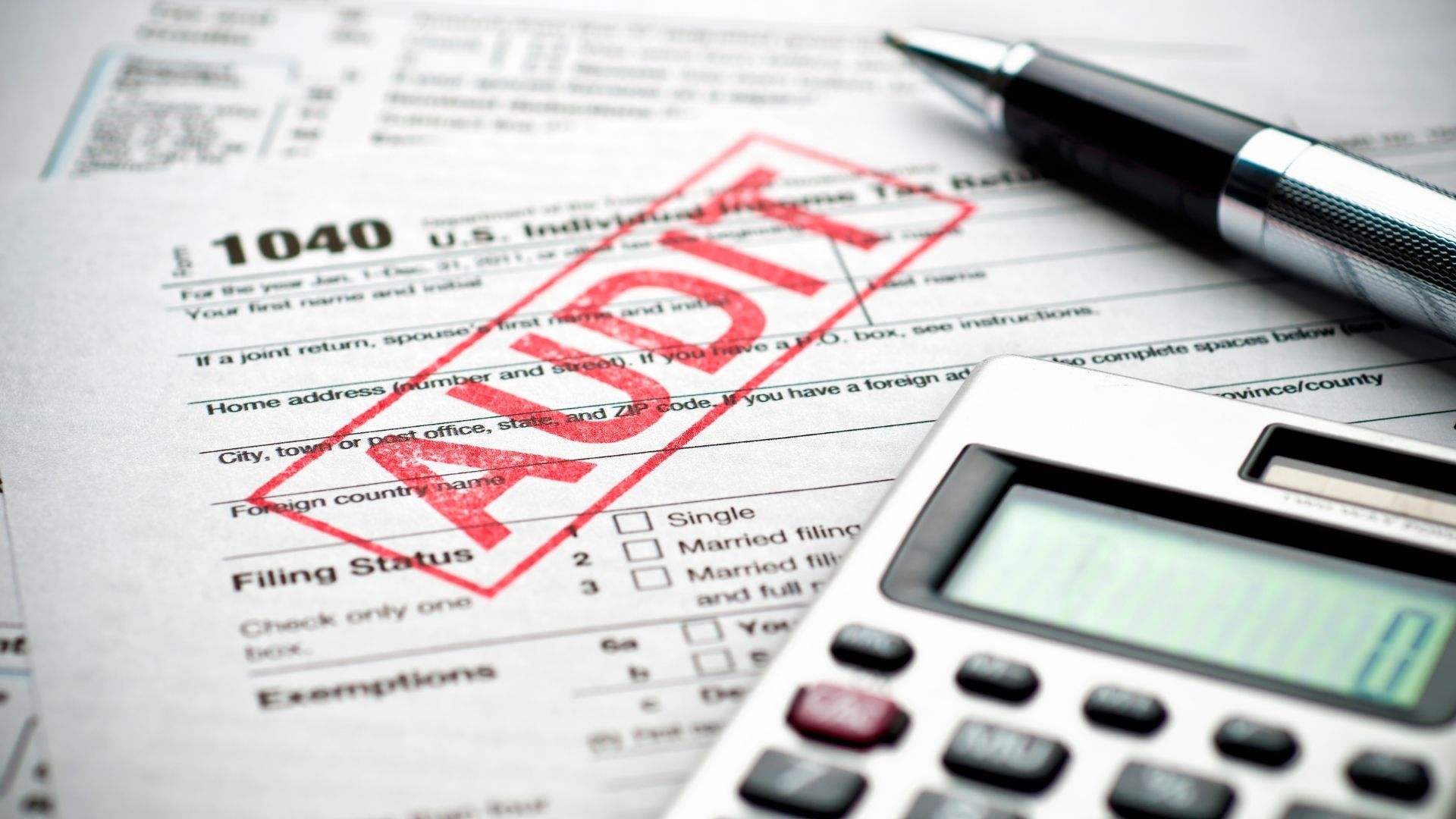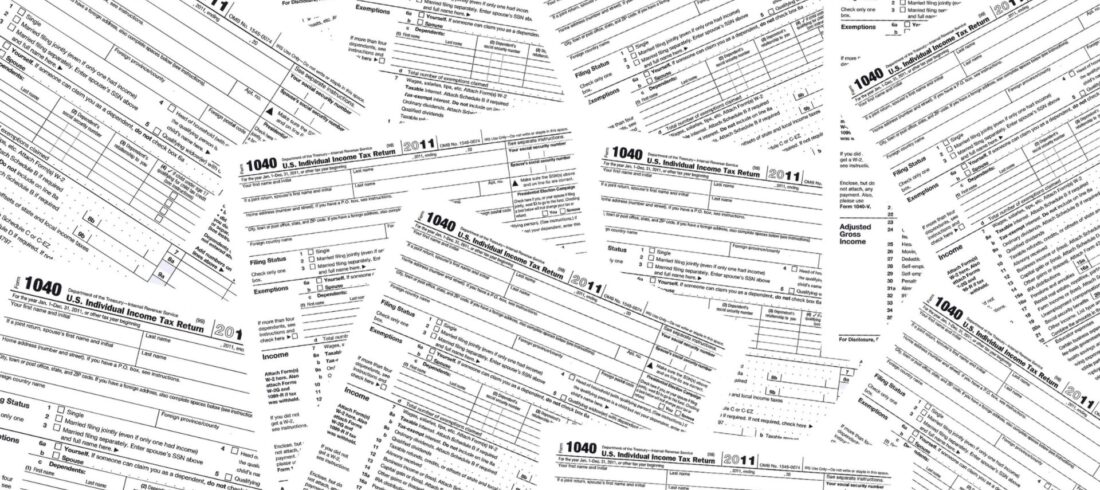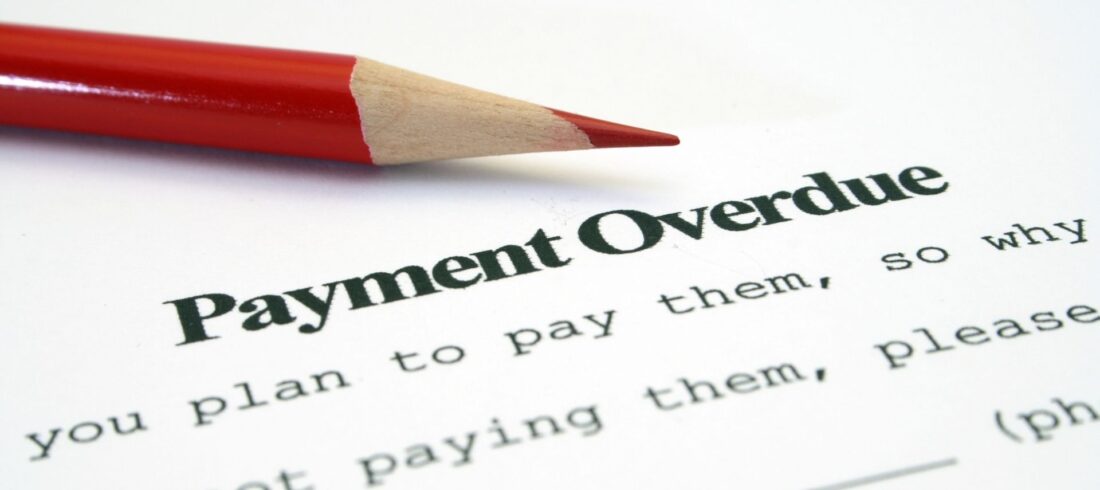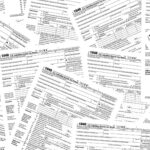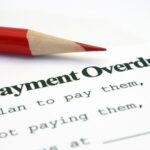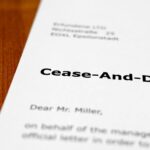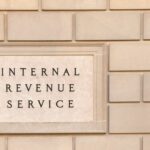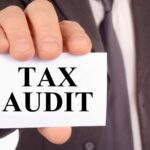“Why me??? Why is the IRS auditing me?”
The IRS has limited resources. IRS management doesn’t want to spend $10,000 of their employees’ time to get $2,000 of additional tax. Their performance is monitored by the Treasury Inspector General for Tax Administration and the IRS Oversight Board, and their budget must be approved by Congress.
Since the IRS has to show positive results for audits, they make every effort to audit only tax returns that look as though they’re likely to net more additional taxes than the resources spent auditing the tax return.
Discrepancy Between Your Tax Return and IRS Information From Third Parties
The least expensive kind of audit, and the most common, is the audit triggered by information on your tax return that doesn’t match information provided to the IRS by other parties. For example, if your employer files a W-2 showing gross pay to you of $102,000, and you report $98,000, this will trigger an automatic letter from the IRS, CP2000. The CP 2000 letter includes a table showing the source of income, the amount reported to the IRS by third parties, and the amount you reported on your tax return.
I see a lot of cases where the IRS is wrong. For example, I recently had a client who directly rolled over a retirement plan from one administrator to another. My client’s Form 1099-R clearly indicated that it was a direct rollover and therefore no taxable. But the IRS’s records showed an early distribution. They demanded that my client pay $35,496 in additional tax plus a penalty of $14,198 for the early distribution, plus penalties and interest for late payment. To see how to handle this kind of problem, see How To Handle IRS letter CP 2000.
Computer Algorithms
From time to time the IRS performs audits of tax returns chosen completely at random. After auditing a large number of tax returns, they focus on the returns that resulted in sufficient additional taxes to make an audit worthwhile. What they are looking for are patterns. What do these returns have in common? The IRS shares this information on a need-to-know basis. While they do not make the information available to the public or even to most IRS employees, tax professionals who routinely deal with IRS audits can get a good idea. For example, self-employment losses on Schedule C and farming losses are favorite targets. Claiming rental losses as a real estate professional is another.
Audits of Related Parties
If you are a member, shareholder, or partner of a privately owned business entity that is audited, the IRS may also audit your tax return.
Being Involved With the Wrong People
Some tax return preparers advertise that they will get you a large refund, no matter what. The IRS sometimes audits tax return preparers. If they find that the preparer has been routinely preparing incorrect tax returns, they may audit every tax return prepared by that person or firm. I’ve seen the same kind of thing happen to people who follow the advice of tax protestors, such as the people who say that no one legally has to pay taxes, because the 16th amendment was not property ratified. The IRS is more likely to file criminal charges in these kinds of cases.

